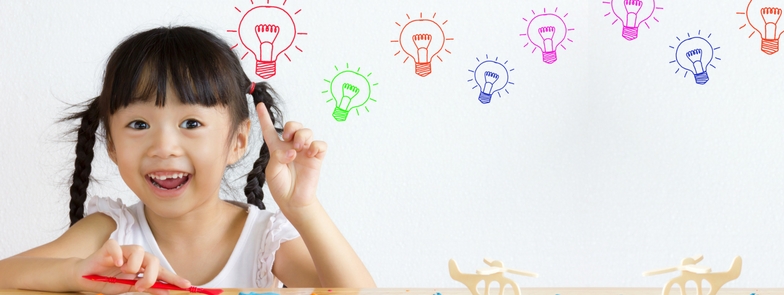
The antioxidants lutein and zeaxanthin have long been associated with eye health, as they can help reduce the risk of cataracts and slow the progression of age-related macular degeneration. It turns out, their benefits extend beyond the eye. More recent research has discovered luteins role on cognition as well.1,2
Similar to how lutein and zeaxanthin accumulate in the eye, scientists discovered these antioxidants are also present in the brain. Previous research in older adults has shown that lutein and zeaxanthin is positively associated with cognition. Interestingly, lutein is found in higher concentrations in the infant brain than the elderly brain leading researchers to wonder if lutein influences cognitive development in children.
Researchers at University of Illinois recently published two studies looking at the relationship between brain lutein, as measured using a non-invasive eye test called Macular Pigment Optical Density (MPOD), and cognition in children. They found that MPOD concentration was positively associated with academic performance. According to the authors, these are the first studies linking lutein to cognitive performance in children.
Further investigation in this area is needed to better understand the relationship and whether increased dietary intakes of lutein and zeaxanthin result in improved performance. For now, these are exciting results that expand what we know about the benefits of these antioxidants.
For information about the role of lutein and zeaxanthin in eggs on eye health, click here.
Sources:
- Barnett SM, et al. Macular pigment optical density is positively associated with academic performance among
preadolescence children. Nutrition Neuroscience. 2017. - Walk AM, et al. From neuro-pigments to neural efficiency: the relationship between retinal carotenoids and behavioral and neuroelectric indices of cognitive control in childhood. International Journal of Psychophysiology. 2017. E-pub ahead of print.
